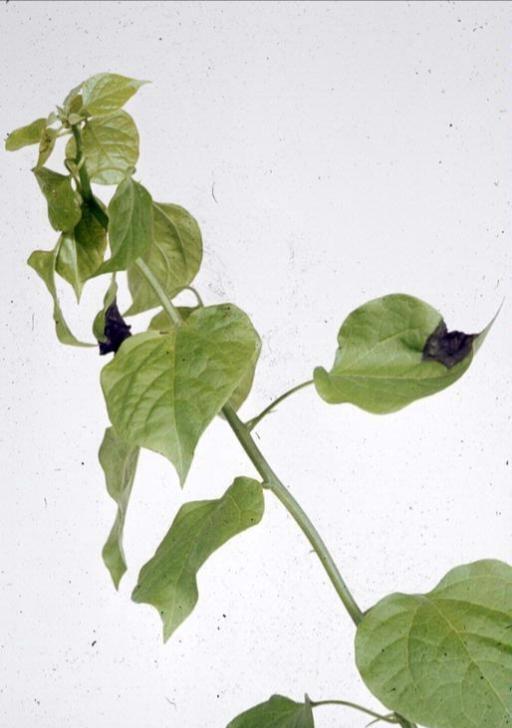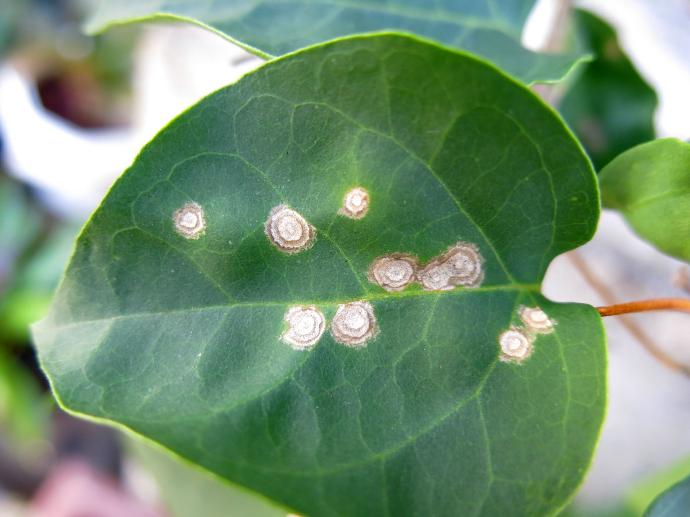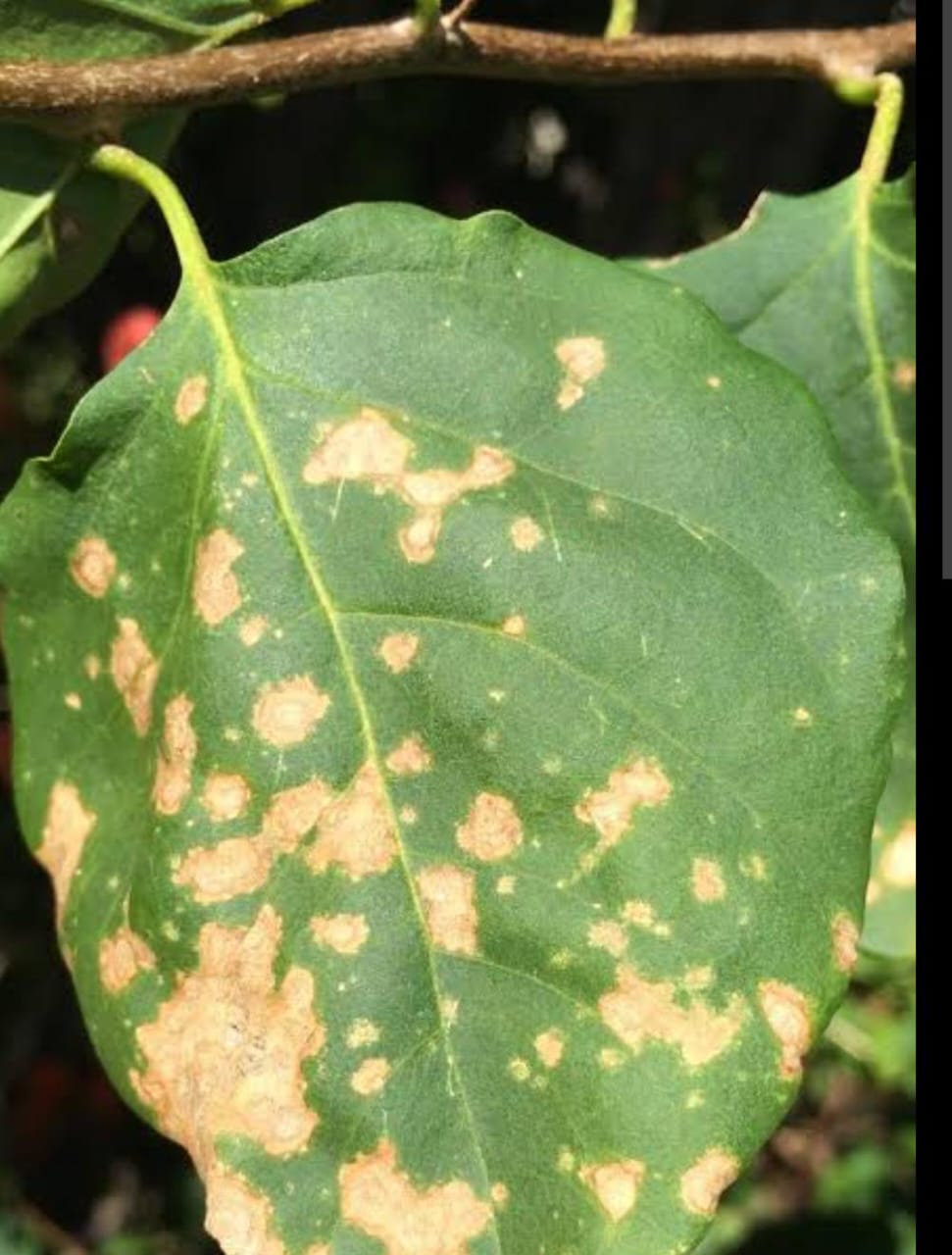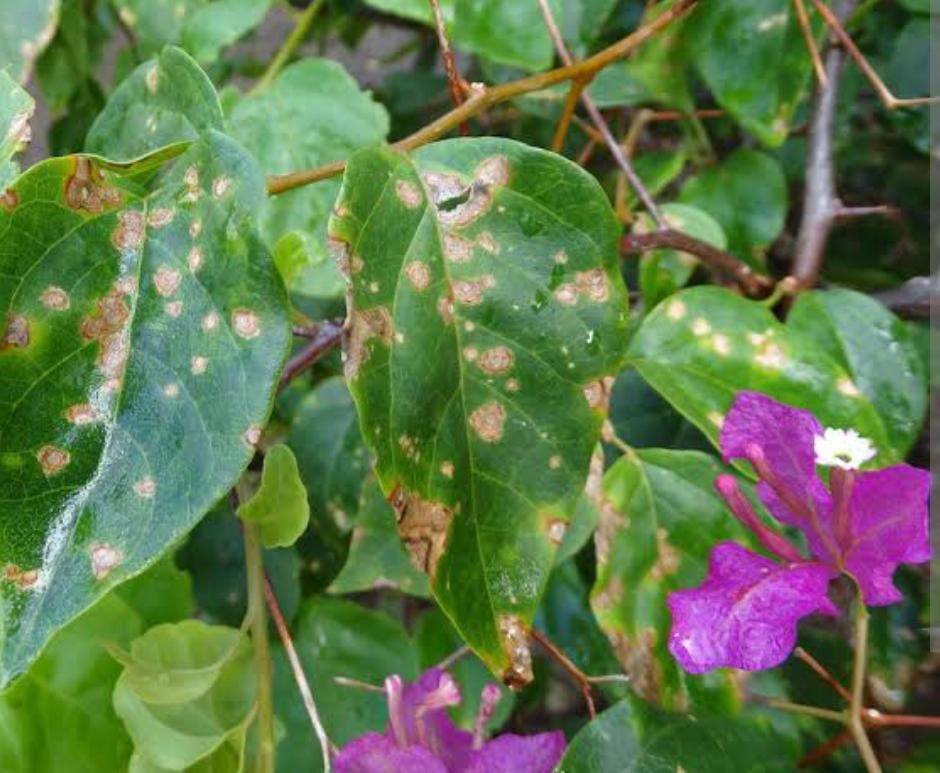Bougainvillea Plant
Bougainvillea is a vibrant and flowering shrub that thrives in full sun and well-draining soil. It is drought-tolerant once established but benefits from regular watering. Pruning helps control its size and shape, promoting abundant and colourful bracts.
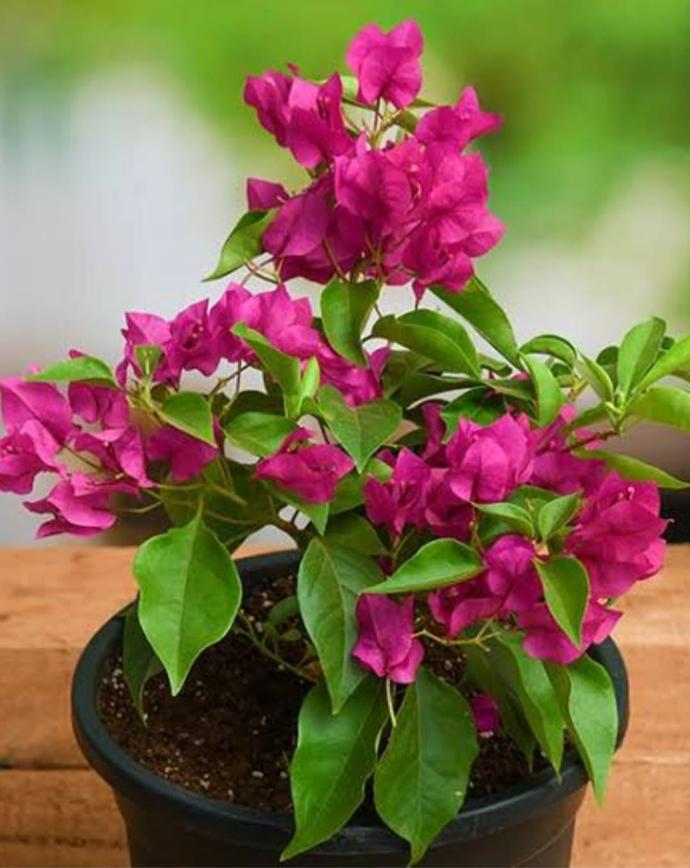
Habit
Climber
Height
Up to 30 ft
Growth
Rapid
Soil
Well Drained, Sandy Loam
Shade
Full Sun
Moisture
Moist
Edible
No
Medicinal
No
Suggested Grow Media or Potting Mix ?
50% sand, 30% compost, 20% perlite
Suggested Fertigation/Fertilizers
Fertilize every 4 weeks with a balanced, water-soluble fertilizer.
Common Diseases and Remedies
Root Rot, Leaf Spot.
Chlorosis , plant die back, wilting , reddish brown spots
Cow dung, soap water
What Is An Bougainvillea Plant ?
Bougainvillea , the lesser bougainvillea or paper-flower, is the most common species of bougainvillea used for bonsai. The epithet 'glabra' comes from Latin and means "bald"
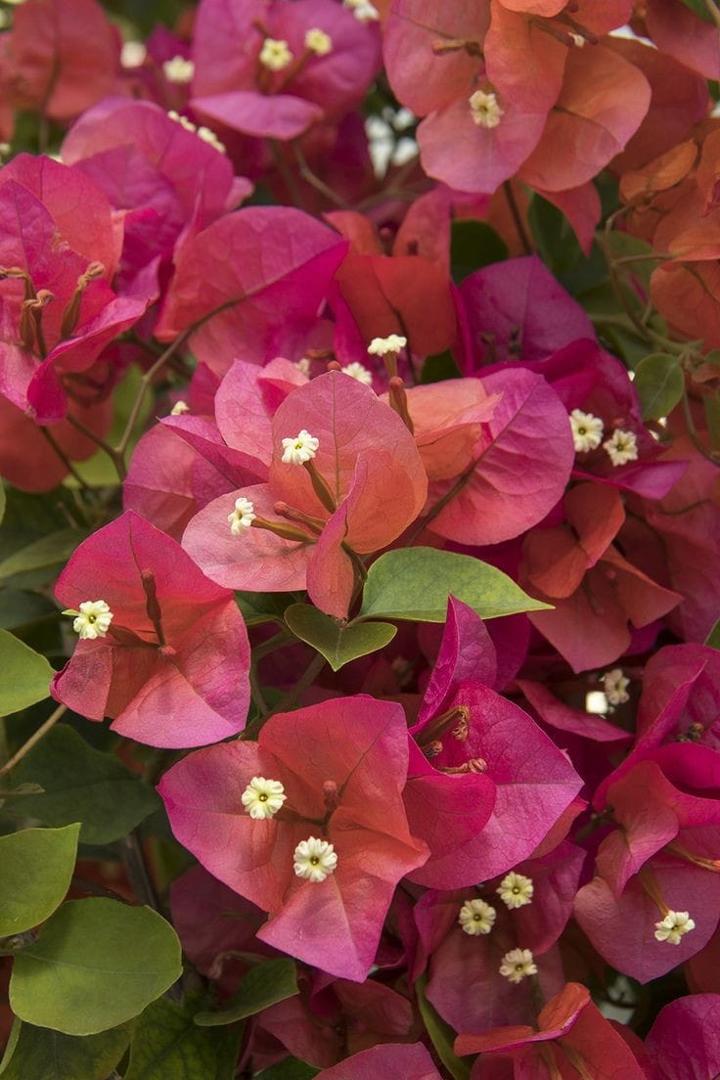
What Are The Different Types Of Bougainvillea Plants?
Bougainvillea comes in a variety of colours—pink, purple, orange, yellow and white, with magenta being the most common colour. Pretty in pink: discover 10 shrubs with pink flowers. One of my favourite forms of bougainvillea is called “Torch Glow” .
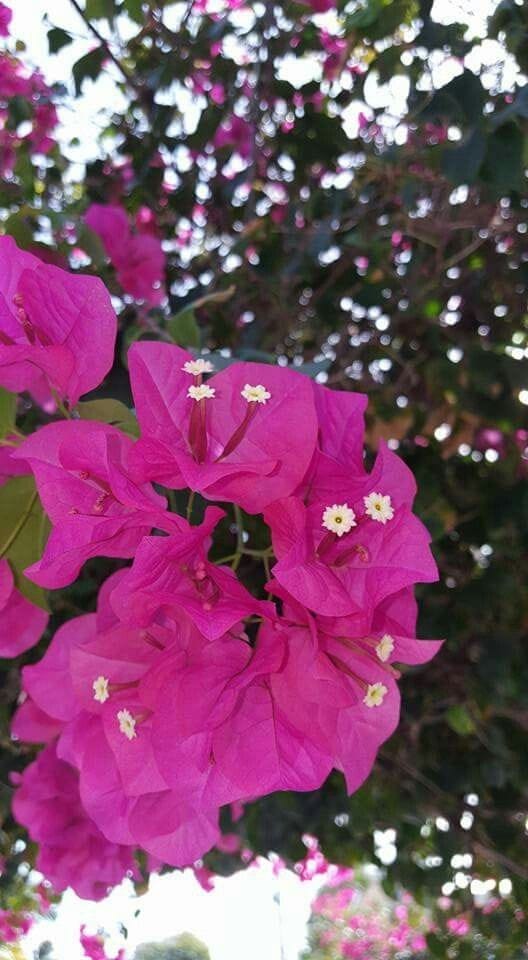
How to Care Bougainvillea ?
1. Location
Can grow on arches, pergola, trellis, compound wall, best suitable to cover ugly places. Maximum Height - It's growth are depends on the supporting structure but usually grow between 8-12 meters in height.
2. Sunshine
Bougainvilleas love the heat! They require at least six hours of full sunlight a day and can handle even the hottest of summers. If you want your plant to produce an abundance of flowers, make sure it's sitting in direct sunlight.
3. Soil
The soil should be well drained, fertile & rich in organic content.
4. Hydration
Water when the top soil(2-3 inch) feels dry to touch. Always maintain moisture near the root zone. It requires very less water
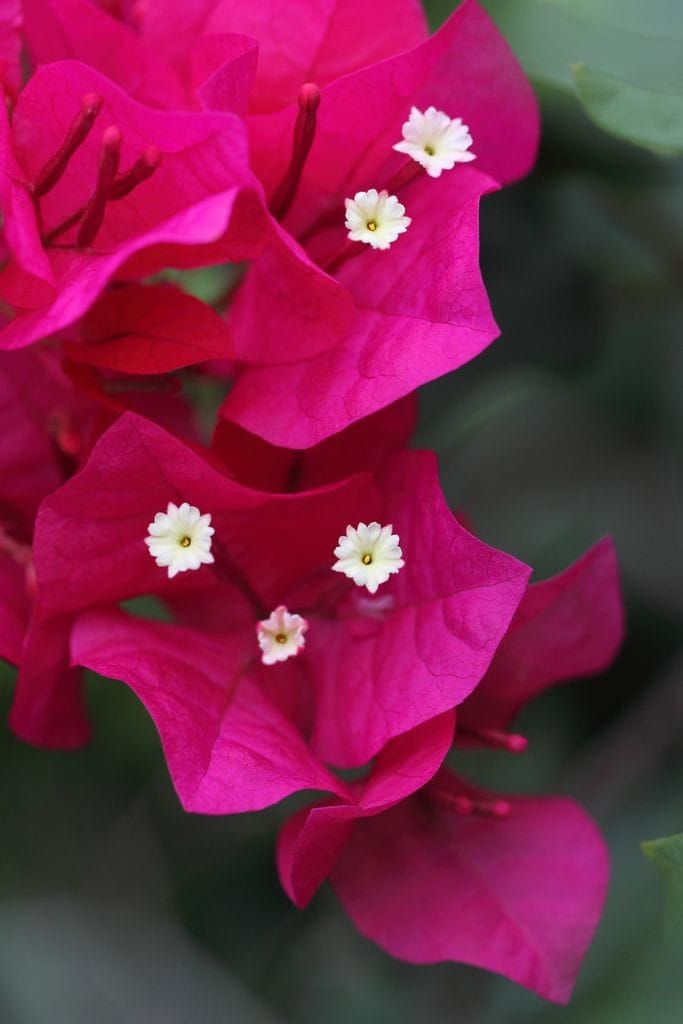
5. Nourishment
Apply any organic fertilizer once in a month for better health of the plant, apply water immediately after fertilizer application. For more vigours flowering apply any Phosphorus based fertilizer
6. Issues
Water – either too much or not enough – is one of the most common problems we see with bougainvillea. A native of Brazil, this plant is drought tolerant and only wants water when it needs it. Too much water will make the roots soggy, causing them to rot as the plant's leaves curl or turn yellow.
What are the Benefits of Bougainvillea Plants ?
Bougainvillea is a dietary supplement made from the dried and powdered leaves of the Bougainvillea plant. It is said to have antioxidant, anti-inflammatory, and anti-microbial properties, and is used to support healthy digestion, reduce inflammation, and boost the immune system
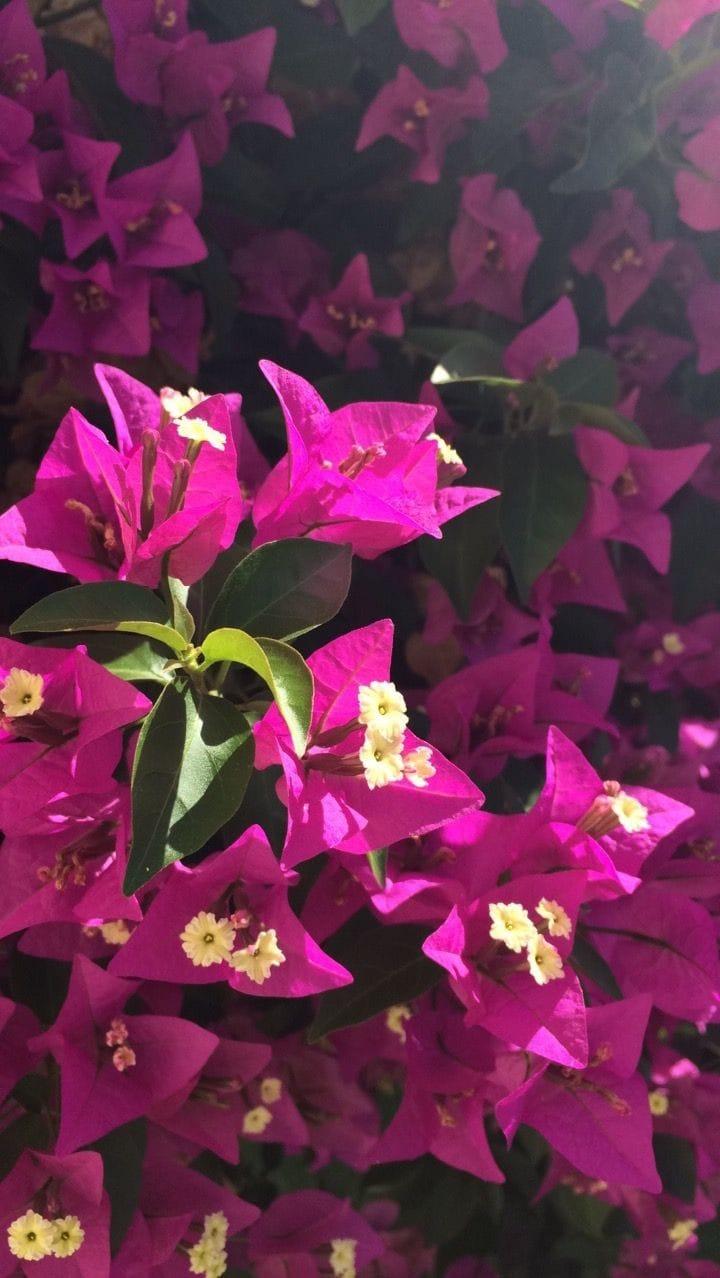
FAQs About Growing Bougainvillea
1. What is bougainvillea tea good for ?
The aqueous extract and decoction of this plant have been used as fertility control among the tribal people in many countries. Furthermore, it has been shown to possess anticancer, antidiabetic, antihepatotoxic, anti-inflammatory, antihyperlipidemic, antimicrobial, antioxidant, and antiulcer properties.
2. What are the spiritual benefits of bougainvillea ?
In other parts of the world, the bougainvillea flower means protection and spiritual connection, whilst others see it as a symbol of peace. Other celebrated meanings are abundance, prosperity and passion for relationships. Be sure to take some photos with the beautiful bougainvillea vines next time you are in Amorgos.
3. What are the side effects of bougainvillea ?
Bougainvillea is just mildly toxic to pets and children. They might feel nauseous, vomit, or have diarrhea if they eat any. Eating the leaves and stuff generally won't have any effect on a healthy person, but it's definitely not considered edible. The thorns are what make it dangerous.
4. Is bougainvillea poisonous or not ?
The leaves themselves are not toxic, but a single prick from one of the thorns can lead to skin infections or an allergic reaction, so make sure you keep an eye on your pets! If ingested by humans, bougainvilleas are not toxic or considered a poisonous plant.
5. Are bougainvillea flowers male or female ?
Although bougainvillea flowers contain both male and female components, they are not self-fertile, and need cross-pollination from other bougainvillea plants to produce seeds.
